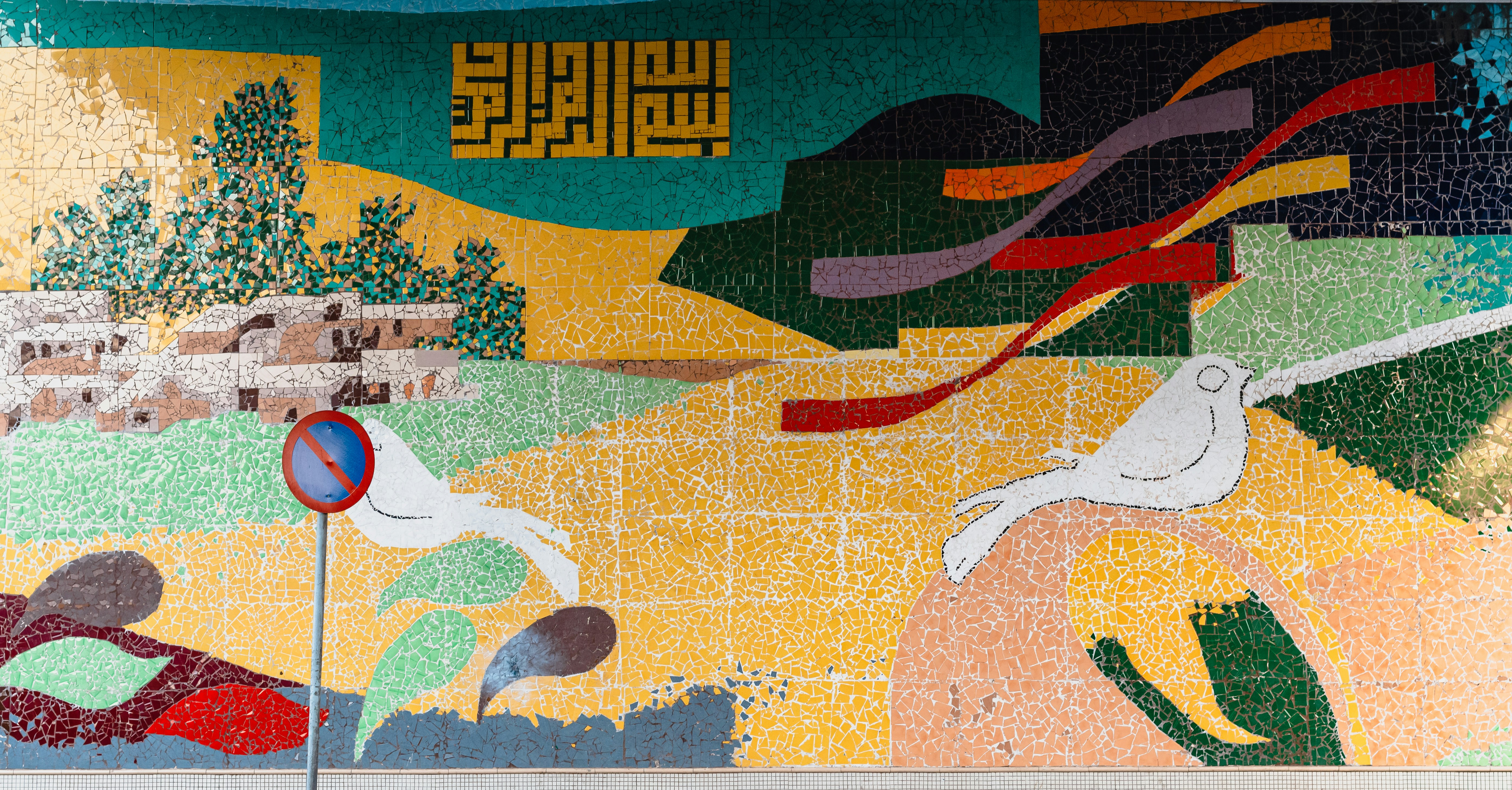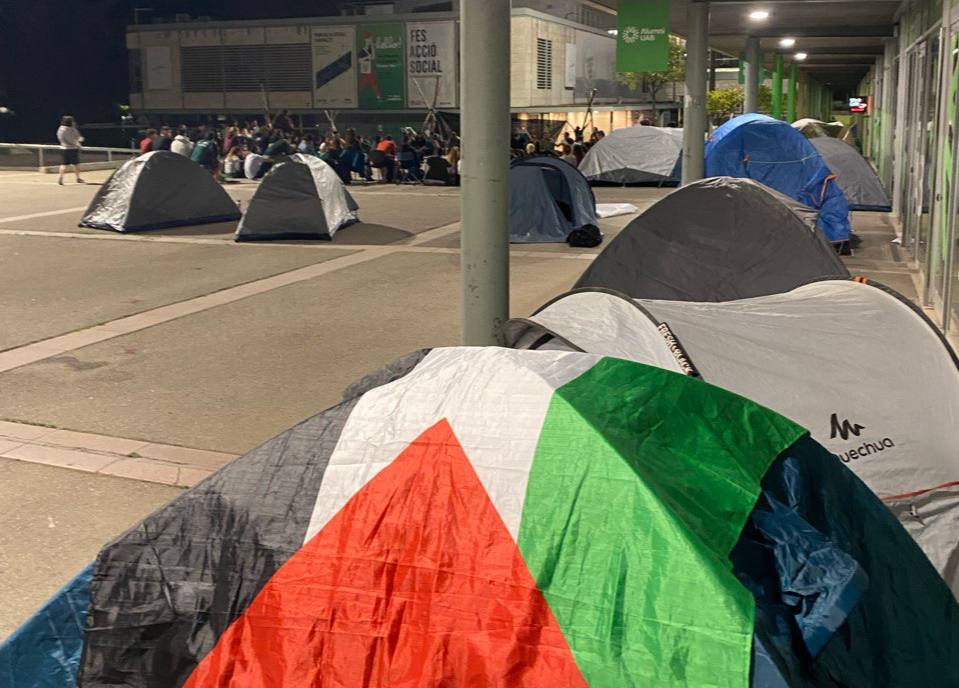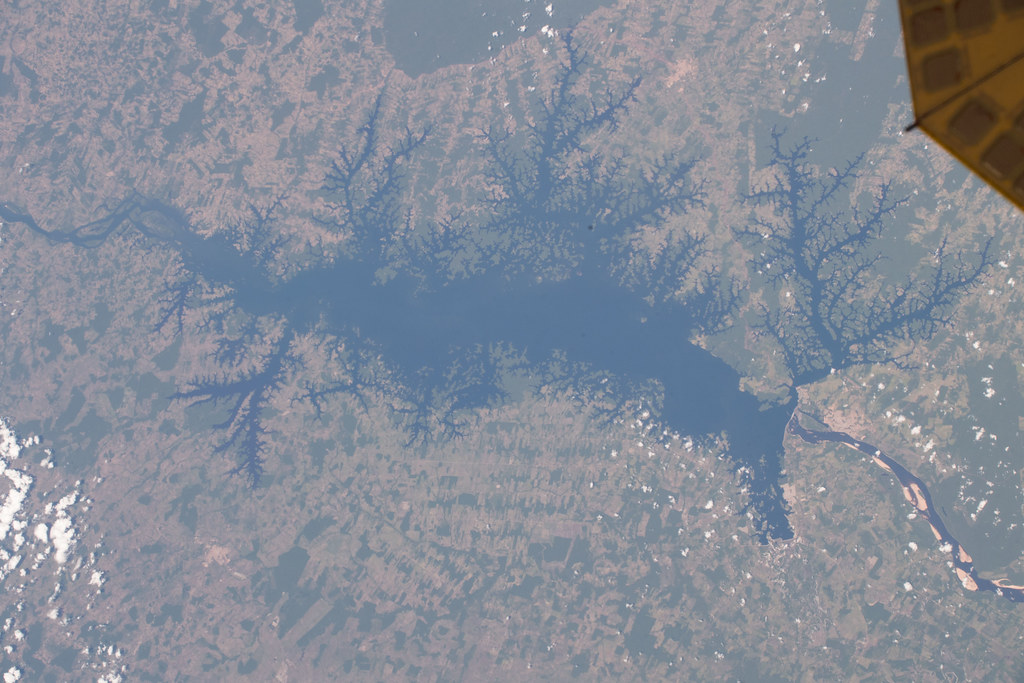To the peoples of the world and to those struggling against any and all forms of capitalism, patriarchy and colonialism. To the nation-state governments of the world, and to international institutions.
During 2-6 February, 2025 a confluence of 44 people form 20 different countries and 34 communities, organizations and/or social movements was held in Port Edward, on the Wild Coast of South Africa. We came together to discuss our common struggles, and to build a common understanding of how we exercise radical democracy and autonomy, while recognizing our differences. For us, radical democracy entails our responsibility and right to decide on all matters relating to our lives, including to say yes or no to any proposals from outside our communities and territories. This includes the right to reject the developmentalist projects that have long defined us as poor and underdeveloped, have dispossessed and displaced us, and alienated us from our own lands and waters. This means rejecting economic, political, and cultural models that impose violence on our bodies, territories and world experiences, and attempt to homogenise us into replicas of ‘western’ stereotypes. Instead, we demand the right to maintain and keep evolving our own diverse systems of learning, healing, inhabiting, knowing, acting and eating—rooted in the defense of life, land, and collective existence.
We are now witnessing the most unequal era in human history, shaped by centuries of exploitation and dispossession. We are living in a time of profound and intersecting crises, where the rise of authoritarian and right-wing forces feeds on the failures of liberal democracy exploiting grievances, redirecting public frustration into hatred against those marginalised on ethnic, gender and religious grounds, refugees, and other marginalized communities. The collapse of the natural world—marked by biodiversity loss, climate crisis, pollution, and toxics—threatens all life. Economic and financial inequalities are deepening, exacerbating frustration and anger, fuelling systems of oppression and violence rooted in gender, caste, class, race, ability, and sexuality. (Neo-colonial exploitation persists, as imperialist powers seek to maintain control. Fascism, xenophobia, and racism are escalating worldwide, driven by imperial ambitions from both the Global North and emerging authoritarian states in the South. These forces fuel devastating wars with genocidal, ecocidal and ethnocidal characteristics, extreme military violence across the world, such as in central-western Asia, Gaza/Palestine, Myanmar, the Congo region, and Sudan. Beyond military violence, we are witnessing the rise of technological facism and surveillance built through corporate-controlled digital technologies and artificial intelligence. We are also witnessing new forms of criminal organizations, land-grabbing and dispossession of communities in the name of modernity, progress and development as well as energy and climate transitions and sustainability. Meanwhile, the appropriation of cultural artifacts, seeds, and traditional knowledge by capitalist corporations for profit continues.
Capitalist development is sustained by manufacturing unsustainable aspirations, perpetuating false notions of progress and ‘the good life’, and spreading misinformation through mainstream media. This fuels a form of colonialism over our own minds and bodies, reinforcing social division, consumerism, economic dependency, and the subjugation of women, other genders, and nature. These dynamics breed frustration, alienation, and social unrest. The failure of liberal democracy is not just a result of poor implementation—it is systemic. It stems from the concentration of power, the corruption of electoral representation, hostile competition, and the rigid division of the world into nation-states. People are increasingly unable to hold politicians accountable, while regional and global governance institutions, including the United Nations, while useful in some contexts, remain largely ineffective in addressing urgent crises like climate change, war, and corporate extractivism. The state, left-wing parties, and formal political institutions have largely become managers of unbridled industrialism or capitalism, facilitating global land grabbing processes, promoting the agenda of military-industrial complexes, and seeking power to control rather than dismantling the structures of oppression. These institutions serve the interests of bureaucracies or the market through nation-states rather than the needs of people and the planet. In all this, nature is treated as a resource for profit rather than a living entity with rights and agency. Meanwhile, Indigenous Peoples and other local communities that have demonstrated wise ways of living within nature for millennia, continue to be destroyed, marginalised, or ignored.
Despite these crises, radical ways of life, that are alternatives to dominant systems, continue to flourish. Movements for ecological and interspecies justice, Indigenous and community sovereignty, and feminist liberation persist in resisting oppression while envisioning and building other futures. Across the world, grounded practices of radical democracy and autonomy demonstrate alternative models of politics, economy, and society—rooted in solidarity, reciprocity, and mutual aid among humans and the more-than-human world. Regional-global alliances are expanding, connecting struggles and strengthening collective power. We all recognize that land and water hold our histories, our cultures, our autonomy, and our future. Through collective action—mingas, tequios, shramdaan, uBuntu, autogestión and other forms of mutual aid— and through our cosmovisions and experiences - sumak kawsay, comunalidad, ubuntu, swaraj, and others - we affirm our collective power over our territories to continue ‘walking with the past in front of us’, that is, to reclaim our future by recognizing our histories and reclaiming our dignity. Our struggles are different and yet they are alike. While many of us fight for a right to exist and be recognised, to have and maintain their self-determination as a first step but not as the final one, others are struggling for re-existence: building and strengthening their commons and autonomies. While some of us ‘walk’ faster than others, the paths we tread are similar, and thus, there is a possibility for solidarity, alliance building and radical collective action to take root.
We are calling for a deeper global convergence of struggles that unite Indigenous Peoples, grassroots movements, and oppressed communities in the fight for justice and dignity. We are committed to reclaiming, defending, and building non-hierarchical, ecologically regenerative systems grounded in consensus-based decision-making, in which the rest of nature and future generations also have an equal place. We reject the dominance of the nation-state framework and instead advocate for biocultural regionalism, where political decision-making aligns with natural and cultural flows rather than artificial borders. For example, we demand that our oceans and seas be treated as part of the Commons, to be nurtured collectively by all peoples surrounding them. Furthermore, we are committed to developing other models of global governance that operate in mutual recognition in, against, and beyond the nation-state, forging pathways toward a just and liberated future and a people’s legitimation process. We work for building alternative forms of regionalisms that are not state-led but grounded on the weaving of grassroots struggles and alternative practices. We call for the recognition of our place in nature, that of our ancestors and the generations still to come. We assert our right to maintain or reclaim our own systems of knowledge rooted in the defense of life, land and collective existence. We also demand reparations and payment of the colonial capitalist debt owed to the majority world due to resource extractivism, pollution, slavery and cultural theft over the last few centuries.
Through this global convergence and declaration, we seek to amplify and reinforce radical democracy and autonomy initiatives as alternatives to both authoritarianism and liberal ‘democracy’, ensuring their visibility and recognition by broader publics, civil society, and international institutions. Through networks of mutual learning and solidarity, we seek to strengthen our collective power with others across local, regional, and global scales by asserting our right to self-determination, self-defense and autonomy, creating and defending our own governance structures while advancing economic self-sufficiency, social and interspecies justice, and cultural autonomy. We also commit to promoting and making visible people’s own theories, ideologies, and concepts rooted in grounded practice, as an alternative to currently dominant formal academia. While we seek recognition of our governance systems, we will not wait for governments to provide this, but instead forge our own mutual recognition processes as peoples of the world.
This declaration extends a hand to all social movements, communities, and organizations fighting for dignity, urging them to join us in building a world beyond patriarchy, colonialism, and capitalism. By fostering alliances, direct action, and collective resistance, we propose a global confluence and platform for radical democracy —one that non-hierarchically shares knowledge, practices, solidarity and strategies while expanding the reach of radical democracy movements, including the recognition of nature and the more-than-human world—. In solidarity, we invite all who believe in self-determination and collective care to join us in shaping a future where many worlds are possible—beyond domination, exploitation, and systemic oppression.
This declaration was originally published on June 13th by the Global Tapestry of Alternative. Find the declaration and its signatories on the Global Tapestry of Alternative’s website.

Formed in the wake of the International Degrowth Conference 2024 in Pontevedra - following an intervention by Luisa Emilia Reyes Zúñiga - the Delinking & Degrowth Collective convenes organisers, scholars, practitioners, and learners from around the world, within and beyond the degrowth community. Meeting monthly and coordinating via a shared WhatsApp hub, the collective uses leverage from w...

Writing from the encampment for Palestine at the Autonomous University of Barcelona, Charles Stevenson, Feroz Khan, and Inea Lehner argue that Palestinian liberation must be seen as central to a degrowth transformation

Will degrowth as a discourse and movement extend coloniality, by aiming to make just one world out of the many that form the earth’s pluriverse? Or will degrowth be decolonial, by helping to sustain and grow a many worlds world in which diverse ways of living and relating can thrive? These are the questions we ask in this brief essay.